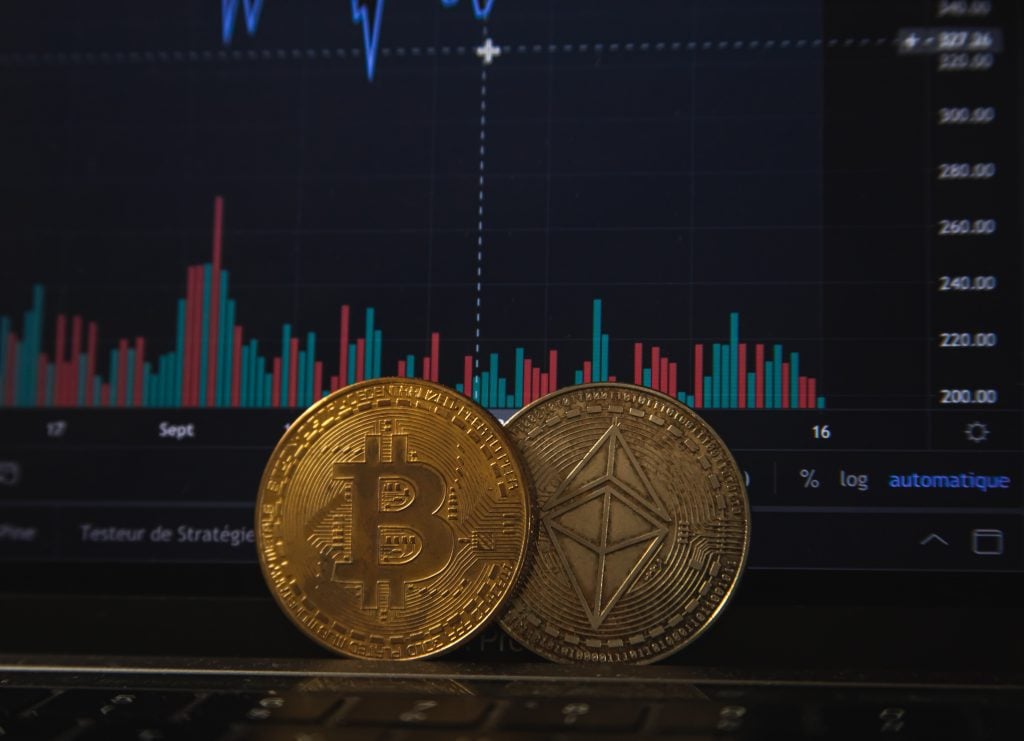Building the Web3 from Sofia. LimeChain tells us how
Metaverse and Web3 are no longer just buzz words – they have become proven tools […]
Metaverse and Web3 are no longer just buzz words – they have become proven tools […]
The thick, green mantle of the tropical rainforest hides the heart and soul of the […]
Last week, the wind of panic blew in the cryptocurrency ecosystem, following a cyberattack on […]
Despite volatility in recent months venture capital firms continue to raise capital for promising crypto […]
R3, the American blockchain solutions provider with offices in London, Dublin, New York, and Singapore, […]
This article has been updated on 1.02.2023. The air is so cold it feels like […]
Next on The Recursive podcast we welcome a business development professional who got fascinated with […]
The storm will wash us clean. This seems to be the general sentiment among market […]
Can blockchain be the panacea for the cybersecurity and data management challenges that we face […]
• A Romanian energy startup founded by local experts launches a first-of-its-kind collection of […]
Blockchain is entering the mainstream, but education around its usage and the abundance of differences […]
The Metaverse concept and NFT phenomenon have been turning heads left, right, and center in […]
Blockchain is a distributed ledger technology that allows data to be shared across networks without being copied or stored in one central location. This makes it an ideal solution for businesses and organizations that need to securely store large amounts of sensitive information while maintaining complete control over who can access their data and when.
In addition to providing better protection against data breaches, blockchain also offers other benefits such as improved accuracy through verification processes and enhanced traceability as a result of immutability—the inability for anyone other than the owner/creator of information stored on the network (known as “self-sovereign identity”) to change or delete records on the network once they’ve been uploaded into it (or “written”).
This allows for greater transparency and trust in transactions between parties.
Blockchain is the technology that powers cryptocurrencies like Bitcoin and Ethereum. That said, there are many other applications of blockchain technology beyond crypto. There are many industries that could benefit from the use of blockchain, including healthcare and supply chain management.
Blockchain technologies and crypto are still very young, but they’re growing rapidly. There’s still a lot of room for improvement in terms of speed, security, and scalability.
We’ll need to educate the next generation on blockchain and crypto to keep it growing and make sure people understand both the benefits and the risks.
It’s important we share not only the success stories of blockchain companies in Southeast Europe (for example, Elrond, NEAR Protocol, LimeChain, and Nexo) but also the challenges that stand in the way of mass blockchain implementation.
As the blockchain and crypto space has evolved, so have the technologies. They’re still in their infancy, but they’re likely to continue growing and improving over time.
As they improve blockchain databases are also likely to replace conventional databases as the most efficient way of storing data on a distributed network.
With this ongoing adoption, we need to discuss some of the potential disadvantages of the blockchain ledger such as high energy consumption, use for criminal activities, and its immaturity when it comes to online transactions.

We are going to feature the latest blockchain news, expert insights, and actionable tips for anyone interested in understanding blockchain’s potential and how blockchain, crypto and decentralized networks can be used to build the future of work, digital currencies, and medical records.
From Decentralized Autonomous Organizations (DAOs) through Web3 and the Metaverse to the next trends in crypto, we aim to dive deep into all key topics shaped by the blockchain revolution.
Our authors who are focused on the topic of blockchain networks are Bojan Stojkovski and Antoanela Ionita, constantly on the lookout for the next big story and talking to crypto experts and web3 pioneers.
We are featuring the latest blockchain news, expert insights, and actionable tips for anyone interested in understanding blockchain’s potential. You can expect to see how blockchain, crypto and decentralized networks can be used to build the future of work, digital currencies, and medical records.
Yes. You can subscribe to The Recursive newsletter to get the latest blockchain news insights in your mailbox.